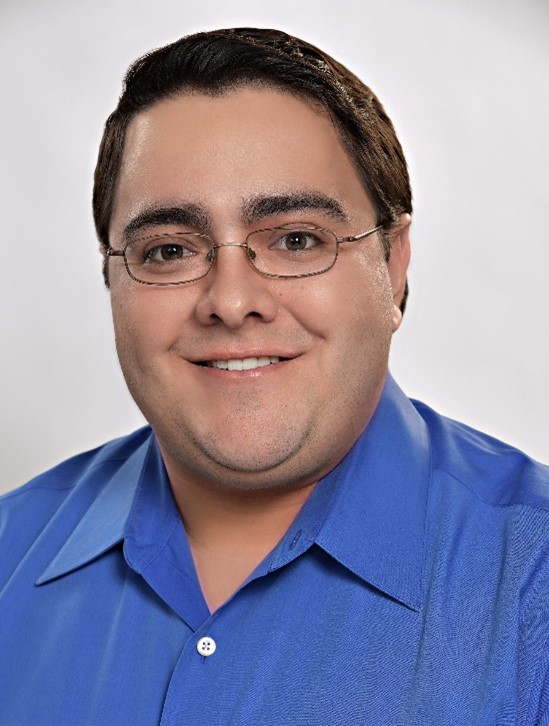September is National Suicide Prevention month and Corbin Standley, an ecological-community psychology Ph.D. candidate, is uniquely equipped to share his story. Standley focuses on public health and community-level approaches to suicide prevention. He serves as a national director at the American Foundation for Suicide Prevention. And he has his own story of loss by suicide.
“When I was 17, just before my senior year of high school, my family and I lost my older brother, David, to suicide,” said Standley. “Of course, this was a devastating loss for us, and we really didn’t know how to talk about it or how to process the grief that we were experiencing.”
Standley happened to take an AP Psychology class in high school, and he saw right away that he could use psychology to help prevent other families from going through what his family had gone through. Since then, he has dedicated his career to translating science and data into actionable change to save lives.
Throughout September, Standley has been sharing videos on his department’s Instagram account about his work, his research in suicide prevention, and tips to help support loved ones who may be struggling.
In these videos, Standley shared that warning signs often fall into three categories: talk, behavior, and mood. They could talk about feeling like a burden, or they may be sleeping more, or they may be more irritable than usual. The main thing to look out for is any change that is atypical for that particular person.
“There’s no certain combinations of warning signs in each of these categories to look out for. Really you just want to trust your gut,” added Standley. “And if you notice that somebody may be experiencing some of these things, reach out and offer support.”
When reaching out to a loved one, Standley stresses the importance of being supportive without judgment. He also acknowledges that it can be difficult to have honest conversations about this.
“You can start that conversation by saying something like, ‘I’ve noticed that you’re sleeping more than usual. Is there something you’d like to talk to me about?’ said Standley. “This is a great way to let them know that you’ve noticed that they’ve been exhibiting some of these warning signs, that you care about them, and you are a safe person to talk to about it.”
It is important to help connect loved ones with the resources available to help. The Counseling & Psychiatric Services at Michigan State University is a great resource for any student struggling. Another resource is the American Foundation for Suicide Prevention.
Standley concludes his latest message with the reminder that “Your job is not to fix the situation but to give support to the person that is struggling.”
If you or someone you know is in crisis, call or text 988 or text TALK to 741741. Please know that you are not alone and there are resources available. Please visit www.afsp.org.
This story originally ran on the College of Social Science website.
